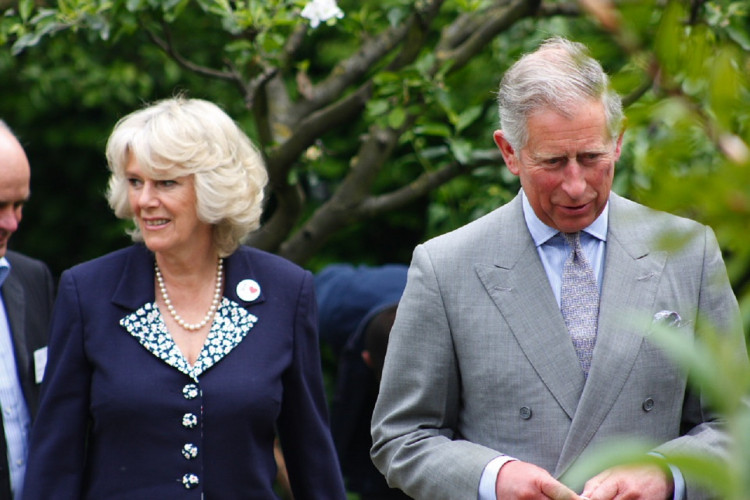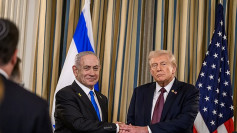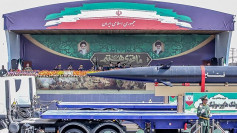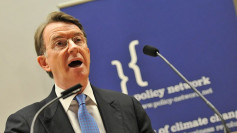King Charles III, known for his advocacy on climate change, has recently come under scrutiny for his choice of transportation during his state visit to France on September 20. The monarch, along with Queen Camilla, opted for a private jet journey from Fanborough Airport to Paris Orly, a decision that has raised eyebrows given the available eco-friendlier alternatives.
The aircraft, a 2-year-old Airbus A321-200neo (LR) from Titan Airways, is touted as the most fuel-efficient commercial jet in the market. It has the capacity to carry between 180-230 passengers and boasts a maximum range of over 4,000 miles. Despite its efficiency, the hour-long flight emitted a staggering 7.35 tonnes of carbon one-way. To put this into perspective, the Eurostar train service, which shuttles passengers from London to Paris in approximately two hours and 15 minutes, emits a mere 4kg of carbon per passenger. This means that King Charles III's jet journey produced carbon emissions that were 92 times higher per passenger than the train.
Danny Thurtle, an aviation analyst specializing in environmental, social, and governance (ESG) matters at IBA, highlighted the environmental impact of the monarch's choice. He noted that even if we assume that there were 20 passengers on board the A321neo, each passenger's share of the total CO2 figure would be around 368kg. This figure doubles to 735kg when considering the return leg.
Former U.K. government minister, Norman Baker, expressed his concerns about the optics of such a decision, especially given King Charles III's vocal stance on climate change. Baker remarked that the King's preference for private jets and helicopters places him among the top one percent of carbon emitters globally. He emphasized the need for the monarch to lead by example, stating, "He's hardly in a position to lecture other people from that great height."
Furthermore, the King's decision to fly to Bordeaux, another French city, instead of taking the train, drew additional criticism. This move was particularly controversial given the French government's restrictions on flights under two hours and 30 minutes. French lawmaker Sandra Regol expressed her disappointment, labeling the decision as "very disappointing."
In response to the backlash, a Buckingham Palace representative clarified that the choice to use a jet for the Bordeaux trip was based on the advice of the French authorities. The spokesperson reiterated the Palace's commitment to balancing security, efficiency, and public disruption when planning royal transport.
As global attention continues to focus on climate change and the need for sustainable practices, the choices of influential figures like King Charles III are under increased scrutiny. It remains to be seen how such decisions will impact the broader conversation on environmental responsibility.






